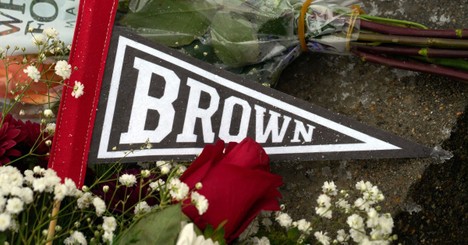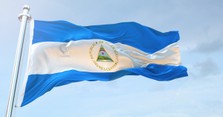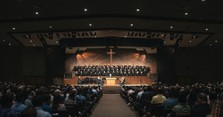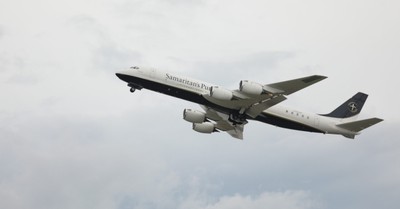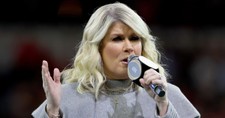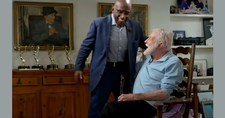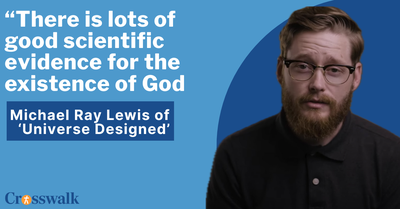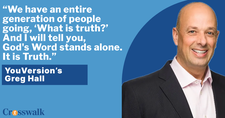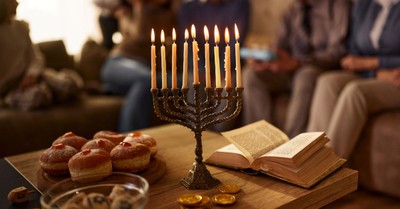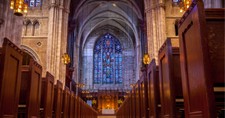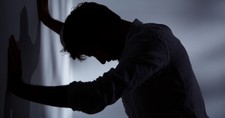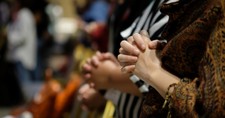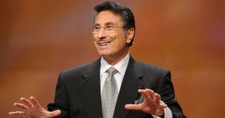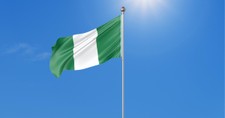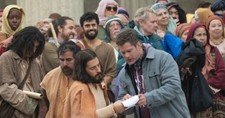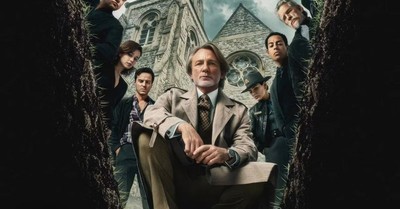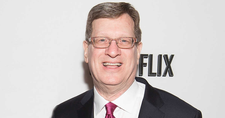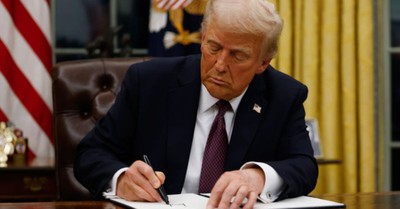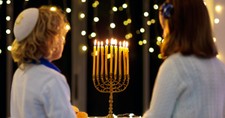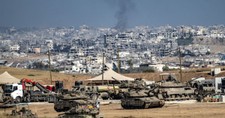
Trending Articles
Recent News
Brown University Mass Shooting Kills 2 Students, Wounds 9 Others Nicaraguan Crackdown on Christians Continues with Bible Ban on Tourists Miracles and Heroes in Many Shapes this Chanukah World Governments Watch Australia for Outcome of Social Media Ban Early Church Ethics Revival or Reset? What 2025 Really Tells Us About Faith in America Former Atheist Makes the Case for Jesus in Powerful New Film Grace Community Church Acclaimed Singer Jubilant Sykes Murdered at Home Merriam-Webster’s ‘Which Child Is This?’ Edit of Christmas Hymn Draws Backlash Hijacker Surrenders after Samaritans Purse Pilot Says God Loves You Why Andrew Peterson’s Christmas Tour Remains a Sacred Tradition Five Courageous Christians
Trending Articles
Recent News
Brown University Mass Shooting Kills 2 Students, Wounds 9 Others Nicaraguan Crackdown on Christians Continues with Bible Ban on Tourists Miracles and Heroes in Many Shapes this Chanukah World Governments Watch Australia for Outcome of Social Media Ban Early Church Ethics Revival or Reset? What 2025 Really Tells Us About Faith in America Former Atheist Makes the Case for Jesus in Powerful New Film Grace Community Church Acclaimed Singer Jubilant Sykes Murdered at Home
Positive Stories
Celebrity
Video
Opinion
Church
Entertainment
Sports
Movies
Politics
Israel
Christian News Headlines - Breaking and Trending Religion News
Crosswalk Headlines - Christian news brought to you by a group of Christian writers and editors who are dedicated to creating a well-rounded look at what’s happening across the globe from a Christian worldview. Our vision is to inform and inspire productive discussion about the current events and online trends that shape our lives, our churches and our world.Crosswalk Headlines includes blog posts about current events and Christian media, breaking news, feature articles, and guest commentaries, many written by respected Christian thinkers.
